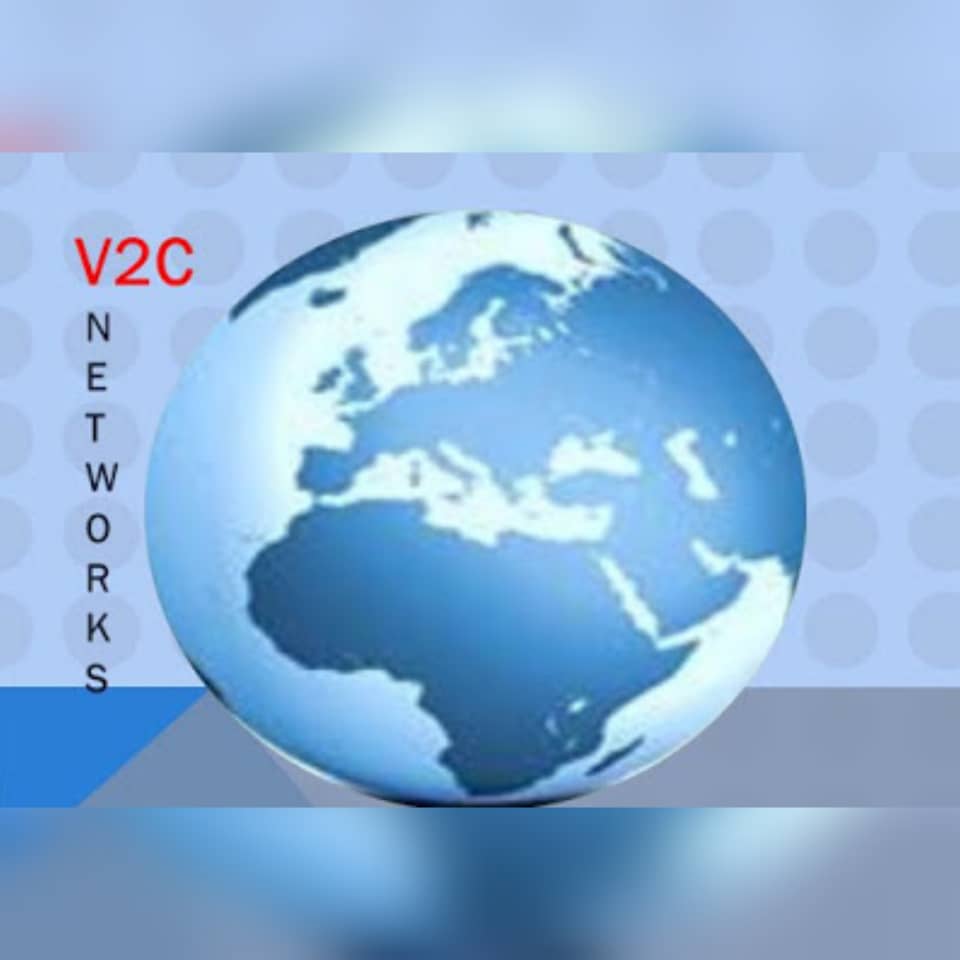· As Oil, Maritime Experts Discus Efficiency of Shipping in Africa
· NIMASA Wins Award for Contribution to Downstream Sector
As Africa continues to consider strategies for improving the efficiency of shipping in the continent, the Director-General of the Nigerian Maritime Administration and Safety Agency (NIMASA), Dr. Dakuku Peterside, has suggested the introduction of designated ports to handle particular cargoes. Dakuku made the call at the four-day Oil Trading and Logistics Expo (OTL 2019) held at Oriental Hotel, Victoria Island, Lagos.
L-R: Assistant Director, Surveillance, Nigerian Maritime Administration and Safety Agency (NIMASA), Captain David Oboma, who represented the Director General, NIMASA, and Chief Isaac Jolapamo, Former President of Nigerian Ship Owners Association (NISA) during the 13th Oil Trade and Logistics (OTL) Conference in Lagos.
The forum, a veritable platform for the recognition of key stakeholders who have played significant roles in the advancement of the maritime sector, saw NIMASA picking an award for its contributions to the growth of shipping, which has helped the development of the downstream sector.
VISIT HERE FOR ALL YOUR BABY PRODUCTS AND GAMES AND TOYS
The annual OTL Africa Downstream Week, which is widely acknowledged as Africa’s biggest platform for downstream oil and gas businesses, brought together experts and stakeholders in the oil and gas as well as maritime sectors from across the continent and beyond to discuss the way forward for the shipping industry. The theme for this year, the 13th edition of the conference, was “Achieving Downstream Competitiveness through Growth, Innovation, and Technology.”
In his address at the conference, which ended on Wednesday, Dakuku identified measures that could help to improve efficiency and service delivery in the maritime sector. Represented by NIMASA’s Assistant Director, Surveillance, Captain David Oboma, the Director-General stated, “In line with global best practices, there are several measures that we should give serious consideration if we are to improve upon the efficiency of our industry. Firstly, we must reduce vessel turnaround times at our ports and terminals to minimise logjams, which have a knock-on negative effect on the entire system chain.
“The introduction of dedicated ports to handle specific cargoes, as obtains in world leading ports, would also greatly improve on our service delivery and efficiency.”
Dakuku, who spoke during a session with the theme, Ship to Shore and Efficiency of Shipping Petroleum and Crude Oil Cargo, also said, “Improving upon the draft capacity by dredging our existing ports to widen the scope of vessels which can berth would help to eradicate the need for Ship-to-Ship transfers at sea.
“However, in striving for efficiency, we must not forget safety as a key consideration in shore to ship operations.”
Those in attendance at the session chaired by renowned maritime law expert, Mr. Emeka Akabogu, included the Chief of Naval Staff, Vice Admiral Ibok Ekwe Ibas, who was represented by Director of Operations, Naval Headquarters, Rear Admiral Ibikunle Olaiya; President, Ship owners’ Association of Nigeria (SOAN), Dr. McGeorge Onyung; President of Nigeria Ship-Owners Association (NISA) and CEO, Sea Transport Services Nigeria Limited, Mr Aminu Umar; and Group General Manager, Shipping, Nigerian National Petroleum Corporation (NNPC), Mrs. Aisha Ahmadu Katagum.
Speaking at the session, Umar bemoaned the amount of bureaucracy that continued to hamper the ease of doing business in Nigeria’s territorial waters. He identified insecurity as a persistent menace to the maritime sector as it meant high cost of doing business in Nigeria.
On his part, Onyung lamented the absence of Nigerian-owned vessels conducting business within Nigerian waters. He said there was an urgent need to empower Nigerians to own vessels.
Industry experts used the opportunity to push for fully owned Nigerian vessels to be given the chance to lift crude oil, saying it would be a big boost to indigenous shipping and job creation.
Earlier at the event’s Awards Dinner, NIMASA was given an award of honour in recognition of its contribution towards the growth of the downstream sector.














